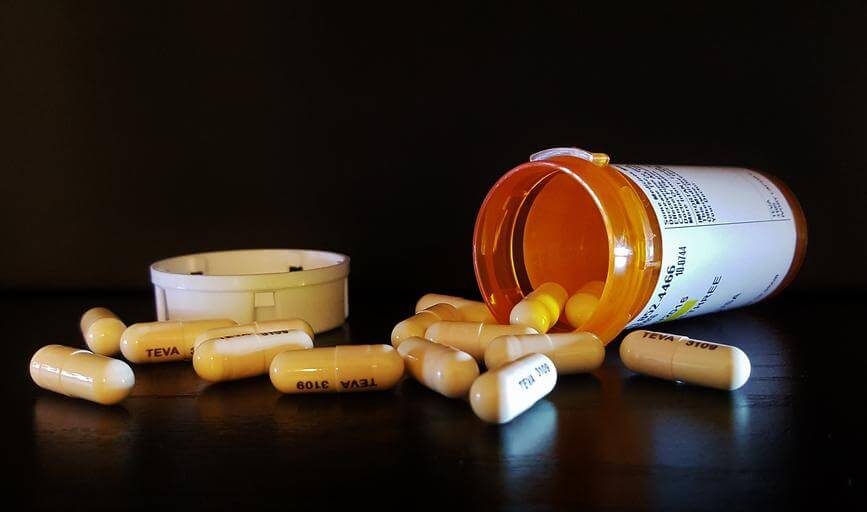Section 79 (5) of the German Medicines Act (AMG) addresses critical provisions for pharmaceutical companies in the event of shortages of medicinal products essential for treating life-threatening diseases or managing dangerous communicable diseases. This regulation provides a framework that allows for the temporary market authorization of unregistered medicinal products under specific circumstances. Here are the key points pharmaceutical companies must consider:
Table of Contents
1. Conditions for Temporary Market Authorization (AMG Guide)
Temporary market authorization can be granted under the following conditions:
- Existence of a Shortage: The competent authorities can permit the introduction of unregistered medicinal products if there is a documented shortage of necessary medicinal products.
- Dangerous Communicable Diseases: The regulation specifically addresses the urgency posed by dangerous communicable diseases that necessitate the immediate availability of specific products.
2. Criteria for Approval
To qualify for temporary authorization, the following points must be ensured:
- Legal Market Presence: The medicinal product must be legally marketed in the country of origin.
- Quality Assurance: The competent higher federal authority must verify that the quality of the medicinal product is assured and that the product is manufactured under the EU GMP Compliance System.
- Positive Benefit-Risk Balance: The anticipated benefits of the product’s use, according to medical science, must outweigh the risks.
3. Public Interest Consideration
The importation of such products is deemed to be in the public interest if the competent authority grants permission, aligning with Sections 72a and 72b of AMG.
4. Temporary Deviations from Authorization Requirements
The competent authorities may temporarily prohibit the placing on the market and the introduction of medicinal products in order to remedy an identified shortage of supply, but the end consumer is given a package insert in German when the product is dispensed. Moreover, the deviation is not exempt from the requirement of an import permit pursuant to Section 72 AMG for medicinal products from third countries that are not approved within the scope of the AMG.
Therefore, pharmaceutical companies should be ready to adapt to the possibility of temporary deviations from standard authorization requirements or other prohibitions under the AMG. Understanding these deviations can facilitate quicker responses in emergencies.
5. Assessment and Notification
- Federal Ministry Role: The Federal Ministry is responsible for assessing the existence of a shortage or dangerous disease and will publish notifications in the Federal Gazette regarding these assessments.
- Collaboration with Environmental Authorities: For any medicinal products involving ionizing radiation, the Ministry must consult with the Federal Ministry for the Environment, Nature Conservation, and Nuclear Safety before making these determinations.
6. Case-by-Case Basis Evaluation (AMG Guide)
Each situation is assessed individually. Therefore, the applicant must be prepared for a detailed evaluation process, presenting clear evidence and documentation to justify the need for temporary market authorization.
7. Documentation and Compliance
It is crucial for applicants to maintain comprehensive documentation demonstrating compliance with all regulatory requirements. This includes records related to the quality and safety of the medicinal products being introduced into the market. For more details, see our article ‘EU GMP: The Backbone for Pharmaceutical Industry’.
8. Risk Management (AMG Guide)
The applicant should implement robust risk management strategies. This includes monitoring the benefit-risk balance throughout the product’s availability and being prepared to respond to any adverse events that may arise.
9. Market Withdrawal and Follow-up
After the temporary authorization period, the applicant must be ready to withdraw the product from the market once the emergency has passed or if it is determined that the product no longer meets the necessary criteria for public health needs.
Conclusion for AMG
Navigating the provisions of § 79 Abs. 5 of the AMG requires a comprehensive understanding of the regulatory landscape and the ability to respond quickly to public health emergencies. The applicant must ensure that they have the necessary infrastructure, documentation, and compliance measures in place to leverage these temporary provisions effectively, ultimately contributing to public health safety during critical times.
Disclaimer
As a service to our readers, MVS Pharma GmbH publishing provides access to our archived content library in our blog. Please note the date of the last review or update on all articles. No content on this site should ever be used as a substitute for direct medical advice from your doctor or other qualified clinician.
MVS Pharma GmbH will soon be launching the MVS Omega-3 supplement onto the European market, which has been developed for the highest quality standards in terms of oxidation avoidance and therefore greatest bioavailability. In addition, in vitro studies are currently underway at the University of Ulm, in which Professor Dr. Rüdiger Groß tested a patented mouth and nose spray (Virudol) that can eliminate various flu viruses based on natural substances.
In addition, MVS has a wholesale license and has specialized in sourcing much-needed medicines such as Amoxicillin, Salbutamol, etc. from India through its local branch with a focus on local quality and safety testing, compliance with international GMP regulations and the highest quality level of user security (examples of local language brochures, identical units of measurement, batch control and full tracking, etc.).


